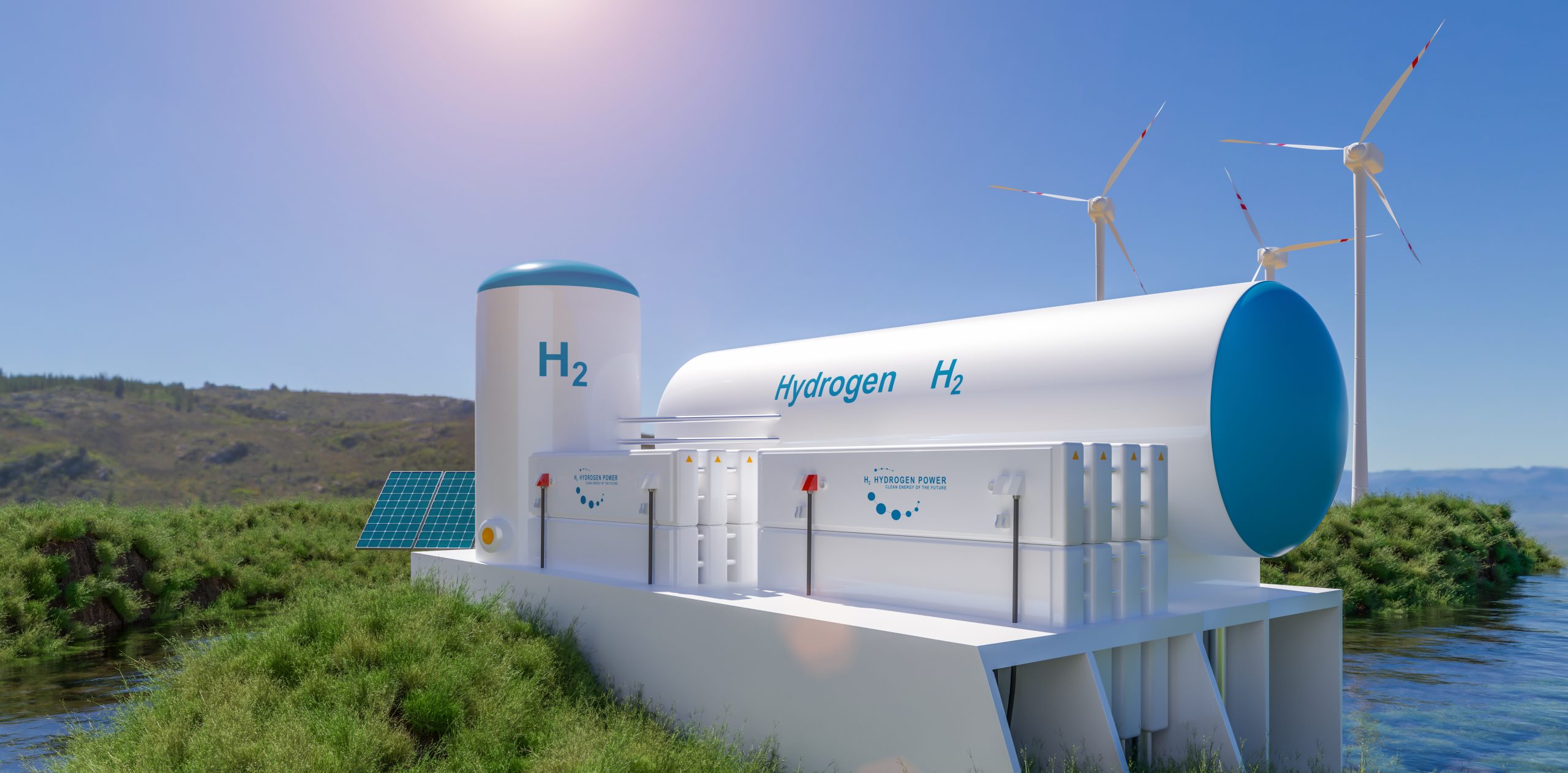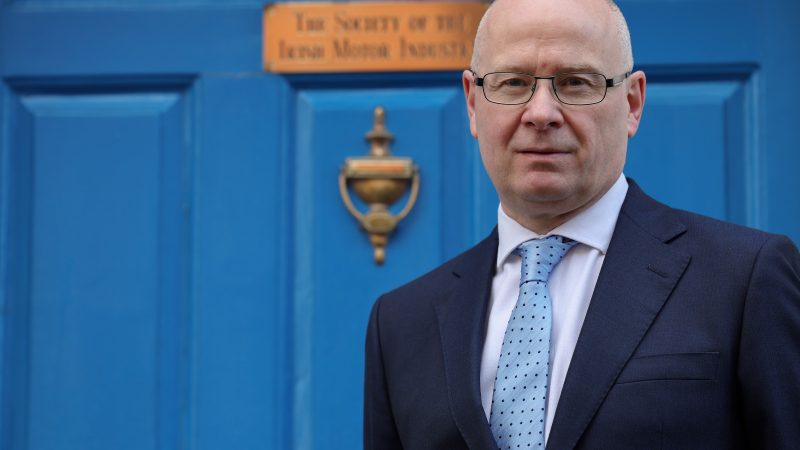UK gets a hydrogen strategy – Ireland lags behind

The PRA has welcomed the long-awaited Hydrogen strategy that has been published by the UK government.
Unveiling the strategy, UK business secretary Kwasi Kwarteng said hydrogen was essential for UK efforts to reach net zero emissions, and it had the potential to provide a third of UK energy in future. Because of the current higher cost involved in producing hydrogen compared to existing fuels, subsidies have been proposed to overcome the gap, and the government has launched a consultation on this plan.
According to Hydrogen Europe, six European countries (Portugal, Spain, France, Germany, Netherlands and Norway) have published their national hydrogen strategies. However, not all strategies are equal as regards their scale, sophistication, or ambition level – and Ireland is yet to produce a Hydrogen Strategy.
Hydrogen Ireland
Hydrogen Ieland hopes to change that. The organisation exists to promote the role of hydrogen and fuel cells to enable them to become key components of the future low carbon economy on the island of Ireland; provide clear, informed and current views on best practice for hydrogen technologies; engage the governments both sides of the border to develop policy and support for the inclusion of hydrogen and its related equipment, within this energy transition, and facilitate public and business awareness of the potential of hydrogen via showcasing and demonstration of the latest technology.
Hydrogen Ireland welcomed the fact the British government launched a hydrogen strategy on Tuesday August 17 2021 to meet its goal of 5 gigawatts (GW) of low-carbon hydrogen production by 2030 to replace natural gas in powering around three million homes, as well as industry and transport. ‘Industry and policy-makers are increasingly looking to hydrogen to lower the environmental impact of sectors that have been the hardest to decarbonise and reduce the use of gas, but the investment required and the technical challenges are high’ Hydrogen Ireland’s statement read.
‘Nearly all of the hydrogen produced in Britain so far is based on fossil fuel energy. The government aims to replace up to one fifth of natural gas with “green” hydrogen, made through electrolysis powered by renewable energy to split water into hydrogen and oxygen.
‘It would also use “blue” hydrogen, produced from natural gas and steam. Unlike green hydrogen, blue hydrogen is not emissions-free, but the carbon emissions are captured, stored and used in other applications.’
‘Sensible decarbonisation’
Gordon Balmer, executive director of the PRA, commented: “As part of our long-standing support for the sensible decarbonisation of transport, the PRA welcomes the UK government’s Hydrogen Strategy.
“The UK is heavily reliant on road transport for the delivery of goods services and PRA members provide most of the on-road fuelling facilities to keep vehicles moving. Therefore, if road transport is to pivot away from using diesel to hydrogen, the creation of a credible strategic hydrogen refuelling network is vital.
“Existing forecourts currently provide an extensive nationwide fuelling infrastructure. With modification to accommodate hydrogen fuelling facilities they could encourage the widespread adoption of hydrogen as a vehicle fuel source. Forecourt retailers are excited by this opportunity and stand ready to work with government to overcome the challenges highlighted, invest in hydrogen, create and protect jobs and help to improve the environment.”
UKPIA director-general Stephen Marcos Jones also welcomed publication of the strategy. He said: “We will continue to engage with the UK Government on the policies announced today – especially the important work on business models and overcoming existing cost barriers – to ensure they support attainment of the UK’s Net-Zero goal in an efficient and economically sustainable way.
“There are multiple opportunities for hydrogen to decarbonise parts of the economy, from transport to home heating and especially in decarbonising heavy manufacturing processes and we will look to support clean hydrogen technology in that important role.”







